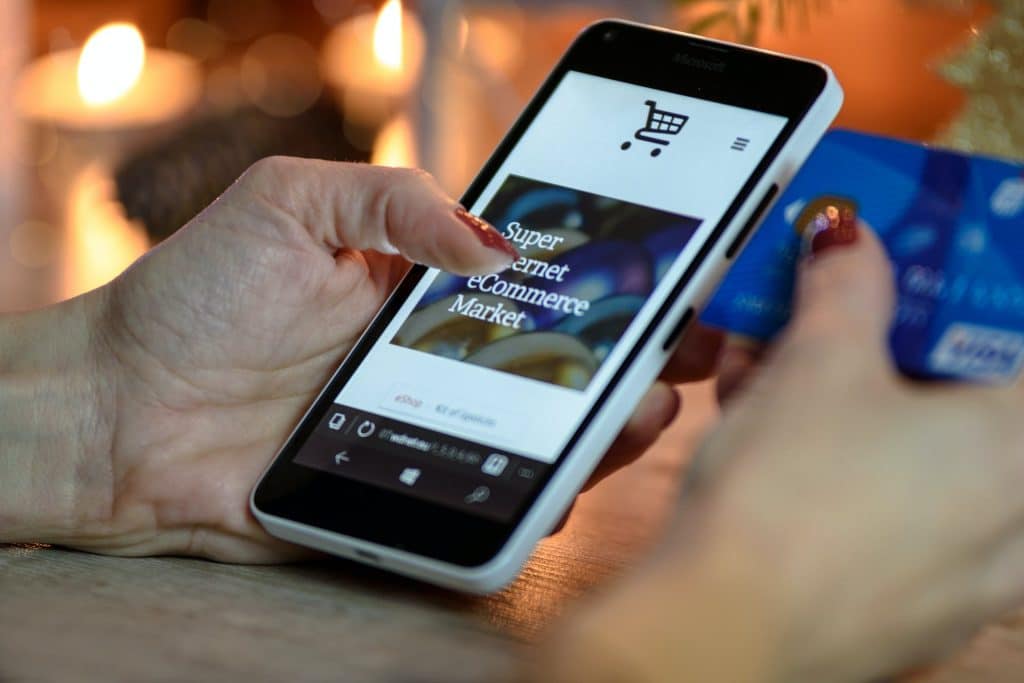If you’re selling goods or services to people, there’s one thing I know you want:
More customers.
That’s a given. So, how do you get more customers?
Providing advice and branding yourself as expert plays a vital role in getting you closer to reaching your goal. It should be high up on your To do list. In this post I explain why and share 3 ways how you can share advice to help you improve decision confidence and turn shoppers into customers.
Let’s dive right in!
#1: Give solid advice on which product to buy (Step 1 – Research)
Have you ever been in a new restaurant, perusing the menu, not knowing what to order, so you asked the foodies on your table or a waiter/waitress what they recommend?
The best waiters will find out about your taste preferences and explain in mouth-watering detail what you should order and why. If they gave you some solid advice on what’s good, it made you more confident in ordering that dish. Chances are, you probably enjoyed it too, because psychology says you tend to enjoy the things you choose with confidence.
Online shopping is no different.
A few weeks ago, I was shopping for a new vacuum cleaner. I didn’t have the faintest idea what I wanted, so I went to Google to look for articles on which vacuum cleaners were the best for their price and the needs they fulfilled. I read buying guides with expert opinions on the top vacuum cleaners for under $100 because I wasn’t looking to break the bank.
Those articles provided me with plenty of advice. In fact, the one pictured above led me to the perfect vacuum cleaner.
What does this mean for you?
Give your customers advice on what the best products are, in your expert opinion.
You’re the expert, so act like one. Give solid advice and your shoppers will buy from you with confidence. Once shoppers act on your advice, they’re also more likely to come back again. They’ll start to trust your opinion. Don’t betray that trust!
BestBuy shares extensive advice in the form of buying guides. It educates customers and helps them understand what to look for in a vacuum cleaner.
Allow people to take shortcuts. Guide and advise them through a quiz.
In a fast-paced, information-filled world, people intuitively seek out simple, quick processes for narrowing down their choices and making decisions.
People love quizzes because they’re:
- Personal
- Instant
- Interactive
- Informative
With interactive product advisors or quizzes, you allow shoppers to take shortcuts and discover the right products without heavy, long-winded research. You can ask questions to understand the customers’ needs and based on these, quickly share your expert advice on the most suitable products that are in tune with their preferences.
It allows you to brand yourself as an expert and give customers, who don’t have time for exhaustive research, the reassurance and confidence they need to make a decision.
Dyson helps customers figure out which vacuum cleaner suits their needs. While Dyson’s need-oriented approach is great, it could use a few more questions. These could include finding out about the customer’s type of floor or carpet, the acceptable noise level, weight, and cleaning schedule to understand his/her needs better and to be able to share more personalized, in-depth advice.
Tip: With SMARTASSISTANT you can quickly create needs-based product advisors and quizzes for your customers.
#2: Backup your advice with reviews (Step 2 – Reassurance)
Before making my final purchase decision, I looked at reviews to be sure that my choice was indeed the best for my needs.
While the advice in blogs helped me to understand which product I needed and what to look for, I didn’t take it at face value. I wanted to hear what other consumers with product knowledge who actually bought the product had to say.
What does this mean for you?
Have a heavy focus on capturing reviews.
You can do this by simply asking for it. Send a follow-up email a few days after a customer has received the order to ask for a review.
If you really want to entice them, offer a reward in exchange for the review, such as a discount or being entered to win a gift card.
#3: Help your customers solve their problems (Step 3 – Retention)
For successful retailers, customer engagement never ends with a purchase. It’s the moment that triggers another interesting part of the customer journey: deepening your relationship with your existing customer and establishing new, high-value customer relationships.
People value advice from topic-savvy people as it helps them through the fog of life. Supporting your customers with personalized advice plays an important role in building a relationship with them.
- Help your customers use the products they have bought and solve their problems if something doesn’t work as expected
- Use your insights to provide you customers with valuable information they want and need
It will get your customers to feel more of a connection with you and increase their confidence in your company. Engaged customers are more loyal and spend more.
“In an increasingly complex retail environment, engagement is the emerging skill to master,” said Patrick Dodd, president, Nielsen global retailer vertical. “Retailers must move from a linear marketing approach to a value exchange model in which customers receive a tangible, personally relevant benefit for their time and attention.”
What does this mean for you?
- Do you sell clothing in your store? Give your customers fashion advice on how to create interesting outfits by mixing and matching the items they have bought with new pieces. Become a go-to resource for fashion tips and you’ll gain loyal customers.
- Sell electronics? Share your expert advice to help your customers do more with their new devices. Find a pain point, and give solid advice on how to solve it. Forums help you find the questions people have and the problems they struggle with – for example, Reddit is one of the most popular web pages on the internet and it’s full of people looking for advice.
- You’re a hiking gear retailer? Nurture hiking-enthusiasts with articles on the best gear to bring on the Appalachian trail or the best day-hike backpacks. If you demonstrate that you are not only a retailer, but a retailer who cares about supporting customers and giving them the products that are just right for them, people will acknowledge you as their trusted source.
Conclusion
Providing advice helps you to be recognized as an expert in your field. If done right, it can improve your shopper’s purchase decision-confidence and trust to turn them into a loyal customer. Don’t make them go to Google and do all the work, but support them with your advice.
In short? If you want to get more customers, provide your visitors with free, high-quality and well-researched advice. Back that advice up with reviews and package it into an interactive quiz.
What kind of advice will you give your customers? Let us know in the comments below!

